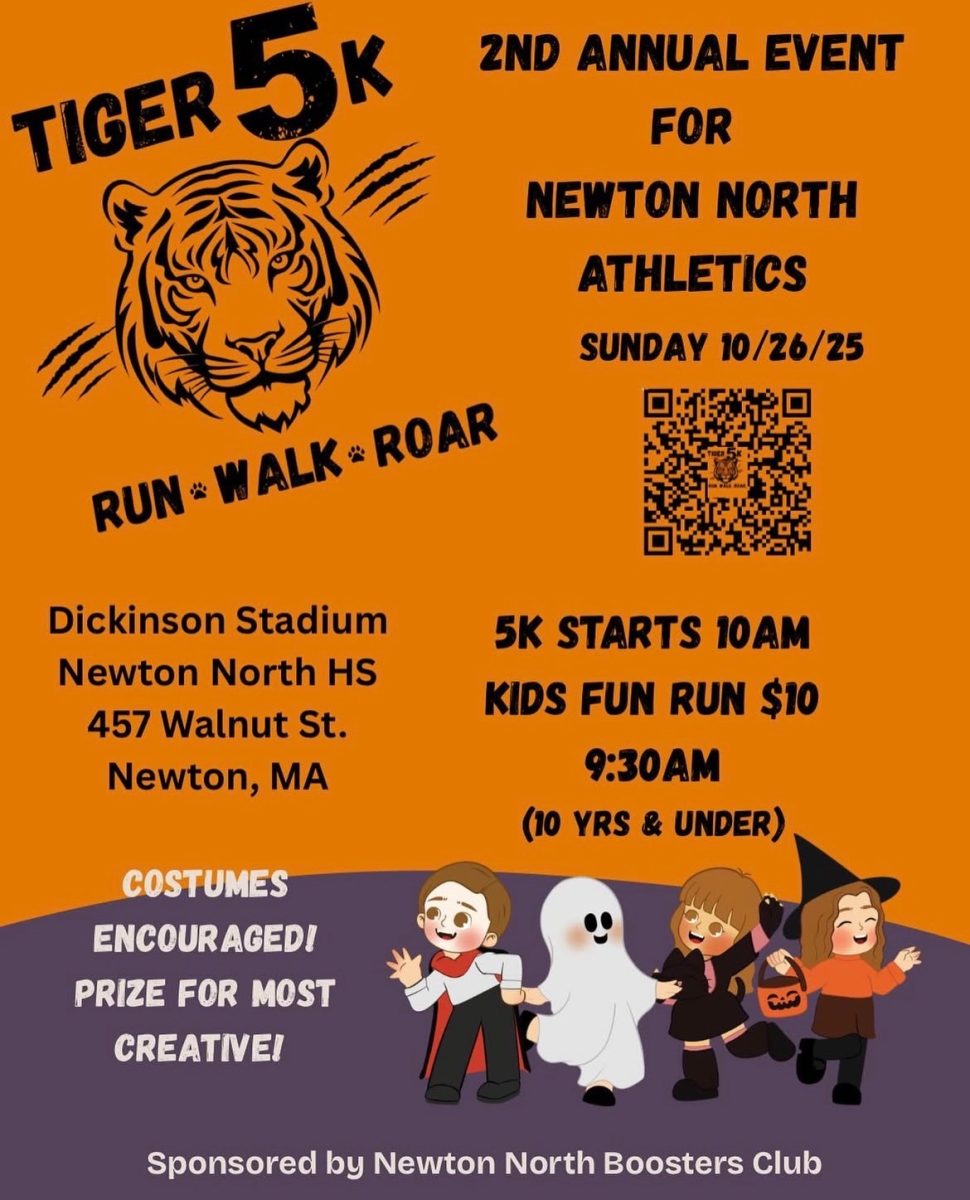by Maxwell Kozlov
Throughout July, the School Committee met in executive session, meetings closed to the public, to discuss superintendent David Fleishman’s plagiarism after hearing allegations against him in late June.
Prior to any acknowledgement by Fleishman or the School Committee, The Lion’s Roar, one of South’s newspapers, released an article July 23 detailing Fleishman’s plagiarism.
The Newtonite sat down with School Committee chair Matt Hills to address concerns about the school board’s process.
Q: How do you approach a situation like this?
A: Any time you’re dealing with charges or allegations, you have to go through the same process: look at the facts and assess them. Looking at the facts means looking at the context, which is always different.
Q: Do you think Fleishman’s punishment fit his crime?
A: I’m not going to use the word crime. I think the punishment was entirely appropriate given what the situation was.Not every transgression deserves capital punishment and not every transgression deserves to be overlooked. And this was neither overlooked nor capital punishment.
Q: How would you respond to critics that say a harsher punishment would be more appropriate?
A: I’m glad to know that there are some number of people out there who think a week’s pay is insignificant. That’s news to many people who work.
I have heard from people that think a harsher punishment would have been more appropriate and I have heard that a much lighter punishment would have been more appropriate.
I feel like this was just life. At the end of the day, we are a school board. It’s up to us to look at all the facts of the situation in a way that many people can’t do and use our own judgment as to what’s appropriate. I understand that any decision we make, some people will agree, some people will think it’s too harsh, and some people will think it’s too light. I’m very comfortable that our decision was the right decision.
Q: What message does it send that the situation was handled with money? Could students therefore “pay” their way out of plagiarism?
A: This is not an analogous situation. Fleishman is an employee. He made a mistake. He was fined for a certain portion of his salary. A student may get a warning. A student may get a zero. No, a student is not able to “pay” their way out of it any more than an employee is able to get a lower grade on a paper.
Remember that this is while they’re working for a week. Not being suspended for a week and not coming to work. They’re coming to work, and they’re not getting paid for the week.
Q: What lesson should students take away from this?
A: Be careful and spend time on everything you do. Don’t make the mistake Dr. Fleishman made.
Q: I’ve heard students say that considering what occurred, they should get a “free pass” on plagiarizing. How would you respond?
A: (laughing) Nice try . . . but there are no “free passes.” Dr. Fleishman did not get a free pass and students will not either. David had a serious punishment for a serious mistake. Simply declaring that one is now entitled to a free pass bears no relationship to what actually happened.
The answer is the rules are still in effect for everyone.
Q: Do you think his plagiarism was intentional or unintentional?
A: My assessment is that it was completely unintentional. We got a range of opinions on whether this was just sloppy or plagiarism.
Q: Would it have been released without The Lion Roar’s exposé?
A: Executive sessions to discuss a personnel issue should remain confidential, other than the requirement of the law to make minutes publically available.
However, from the very beginning, we completely understood that this was going to be public. It wasn’t even the slightest notion that this could be kept confidential nor was there any conversation we had to keep it quiet.
When I was first made aware of the issue by a teacher, the teacher made clear that a number of people at South: parents, teachers, and other people in the South community, knew about it and were talking about it. Too many people knew about it and that was just a fact for us, so we went about our process in executive session, examining the issues, determining how we were going to respond, and dealing with this issue like we would with any other personnel issue. We had almost entirely finished our deliberations before the Lion’s Roar article came out.











































